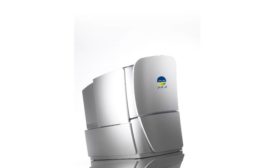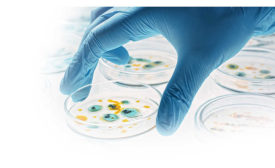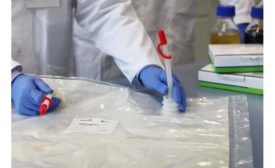Home » Keywords: » pathogen detection
Items Tagged with 'pathogen detection'
ARTICLES
Research collaboration aims to improve microbial detection tools.
Read More
Independent Thoughts
The National Provisioner Podcast Episode 154: DNA-based pathogen testing
May 25, 2023
Commentary | Regulations & Legislation
CSPI petitions FSIS to implement enforceable Salmonella controls, supply chain requirements
Read MoreFood Safety | Rapid Testing
Rapid testing enhances capabilities but must be accurate
Swift testing for microbials can enhance food safety and cut product waste, but obtaining the results in a timely manner can be daunting.
Read More
Food Safety
Rapid testing for pathogens in meat and poultry production
Need for (more) speed: Meat and poultry processors can generate greater yields while cutting protein waste by accelerating the testing for bacteria in production facilities.
Read More
Get our new eMagazine delivered to your inbox every month.
Stay in the know with The National Provisioner's comprehensive coverage of the meat and poultry processing industry.
SUBSCRIBE TODAY!Copyright ©2024. All Rights Reserved BNP Media.
Design, CMS, Hosting & Web Development :: ePublishing











